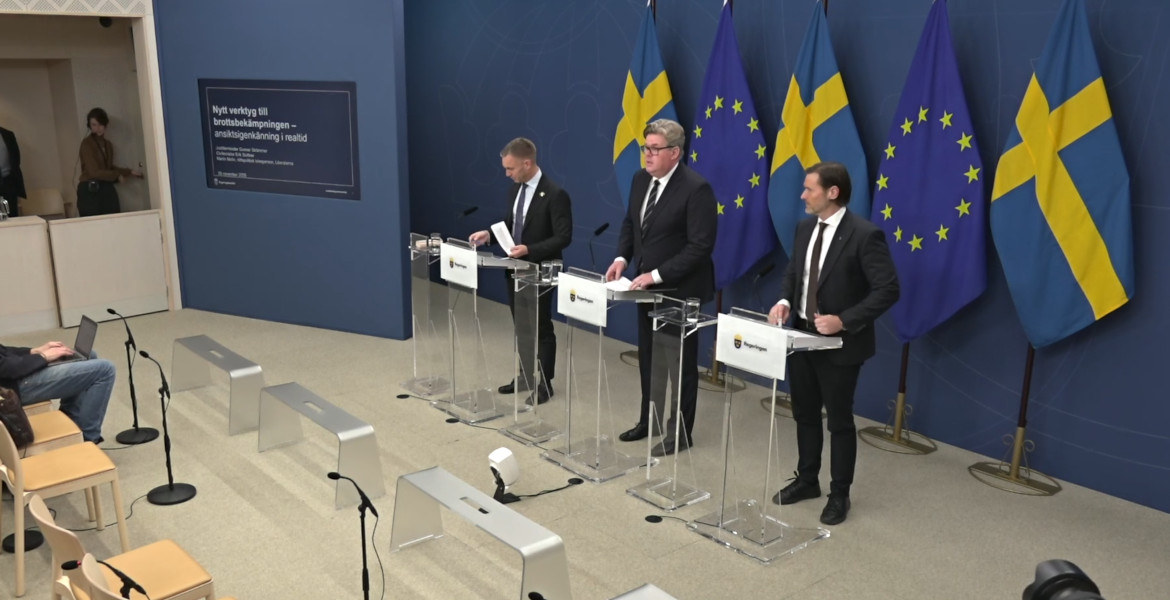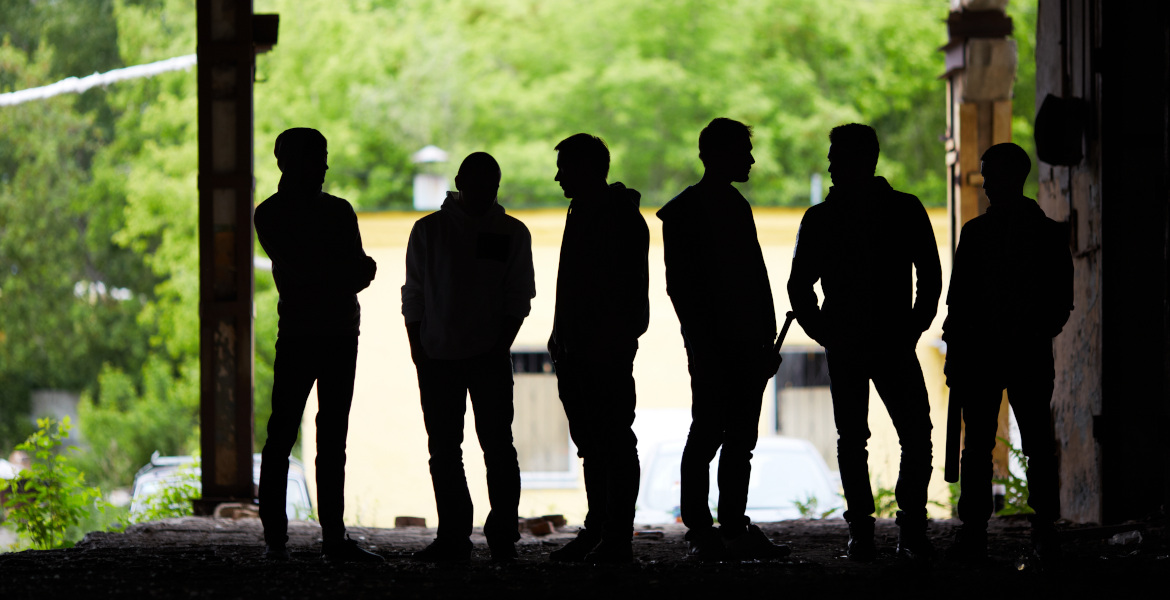In the first six months of 2024, Swedish customs seized five tons of drugs. They also seized 4.1 million pills, which is twice as many as in the whole of last year.
In the first half of last year, 5.3 tons of drugs were seized, and this year's seizures are almost at the same level. However, the amount of cocaine has increased from 887 kilograms in the first half of last year to 1,389 kilograms so far this year, exceeding last year's total of 1,227 kilograms. The amount of marijuana also increased sharply, from 555 kilograms to 1,215 kilograms. However, the biggest increase has been in narcotic pills, with nearly 1 million pills seized in the first six months of 2023, compared to 4.1 million pills seized this year.
– The large influx of drugs, especially narcotic pills, is worrying. Drugs are an important source of income for gangs, and as long as there is demand, smuggling will continue. Those who buy a few grams of cocaine for the weekend should know that they are contributing to the gang conflicts and shootings that plague society today, said Bodil Taylor, Deputy Director General of Customs, in a press release.
In addition, seizures of heroin, amphetamines and cannabis resin (hashish) are down this year compared to the same period last year. However, seizures of amphetamine oil have increased significantly, totaling 75 liters compared to 0.3 liters in the same period last year. Amphetamine oil is used in the production of amphetamine, where one liter can yield several kilograms of pure amphetamine.
Swedish customs have also made more major drug seizures, including the record-breaking seizure of 1,342 kilos at Norvik port outside Nynäshamn in April. In total, nine drug seizures of more than 100 kilograms have been made so far this year, which is slightly fewer large seizures than in the same period last year.





